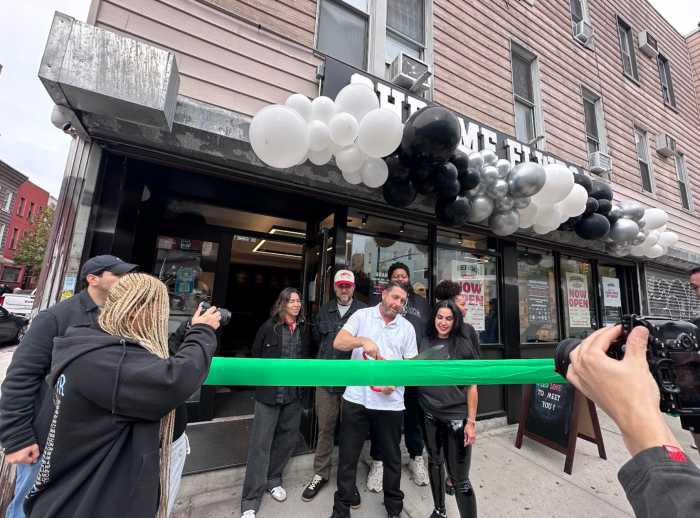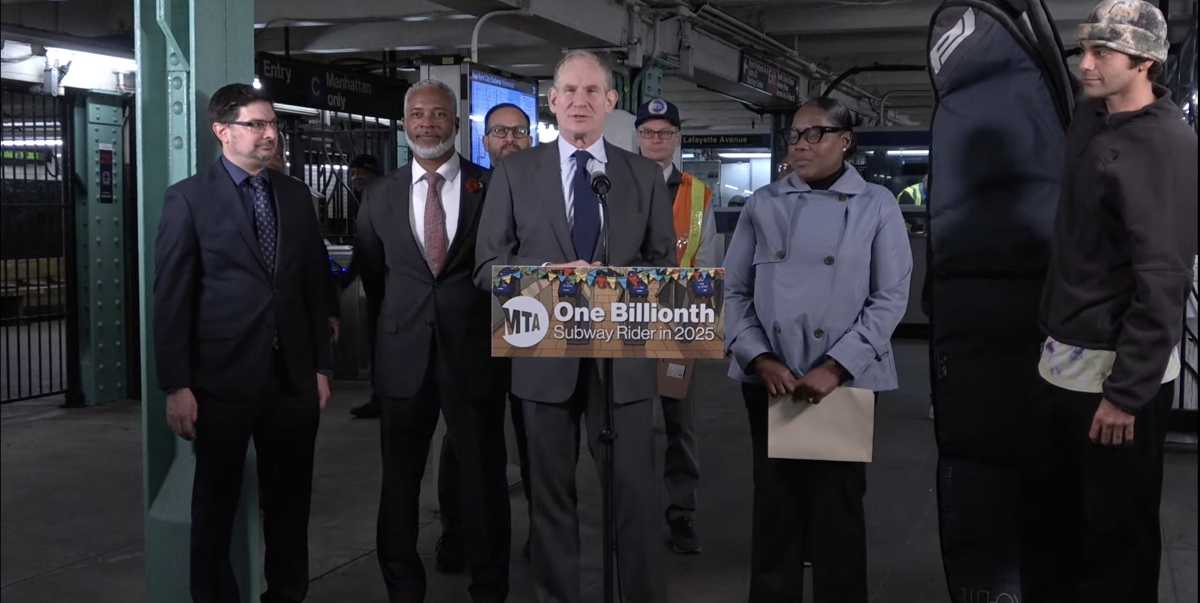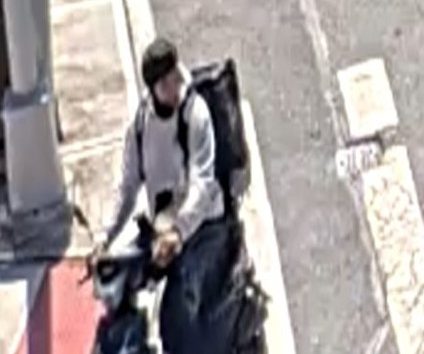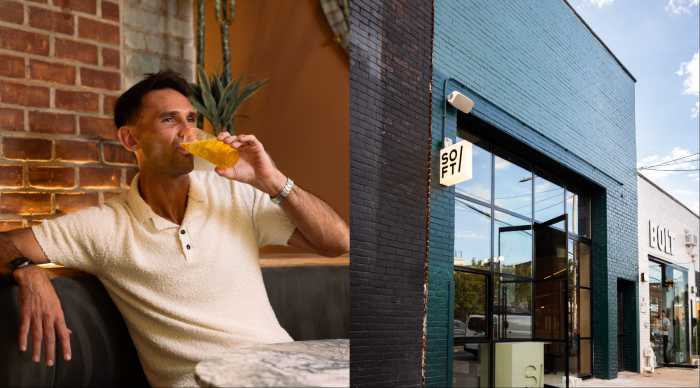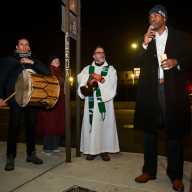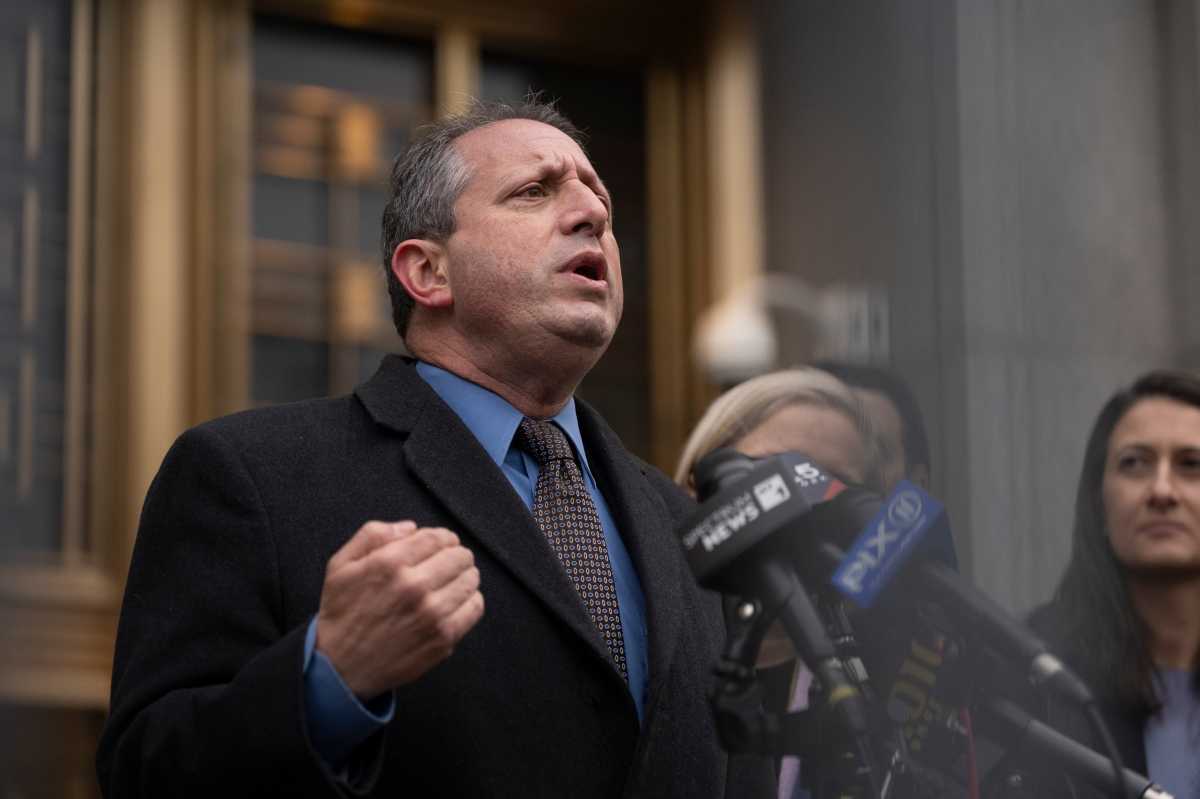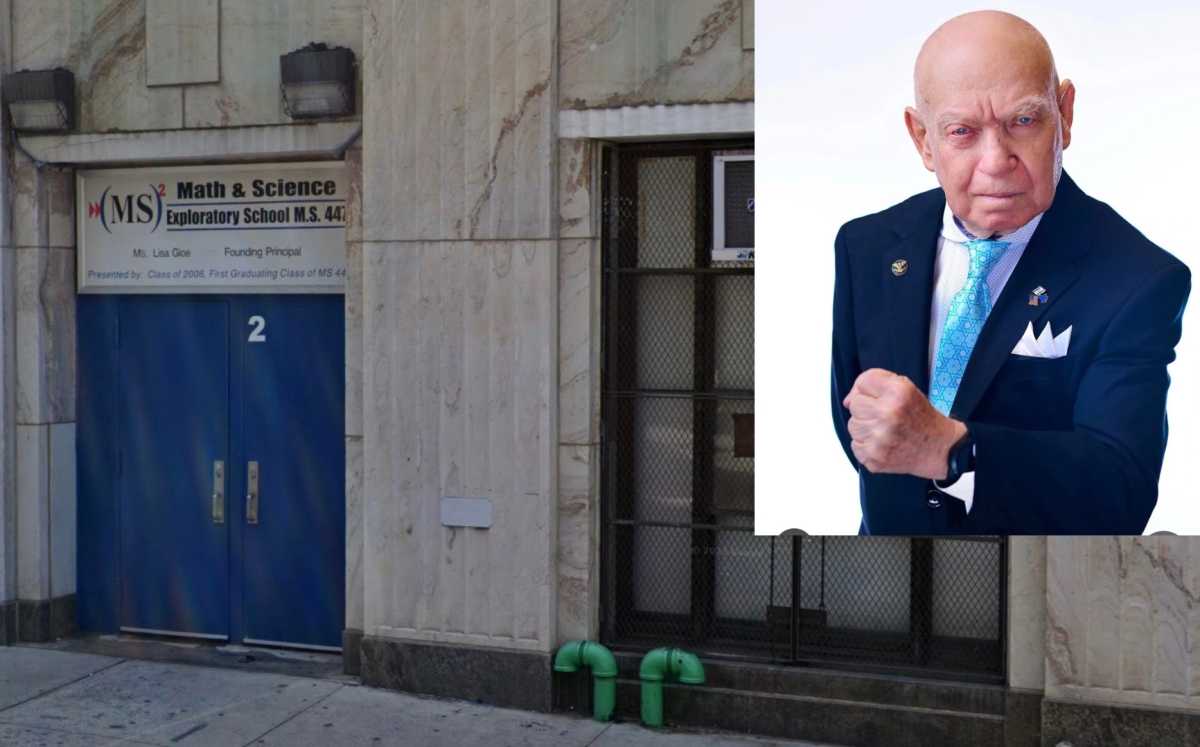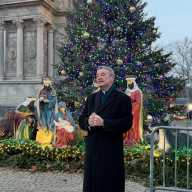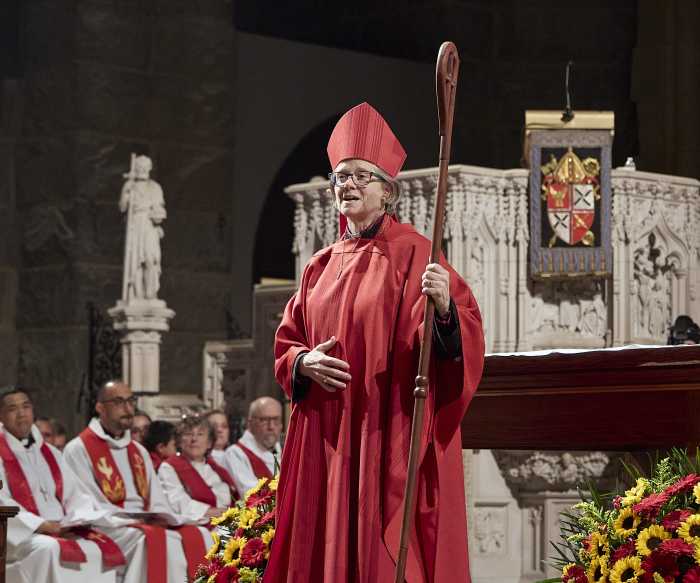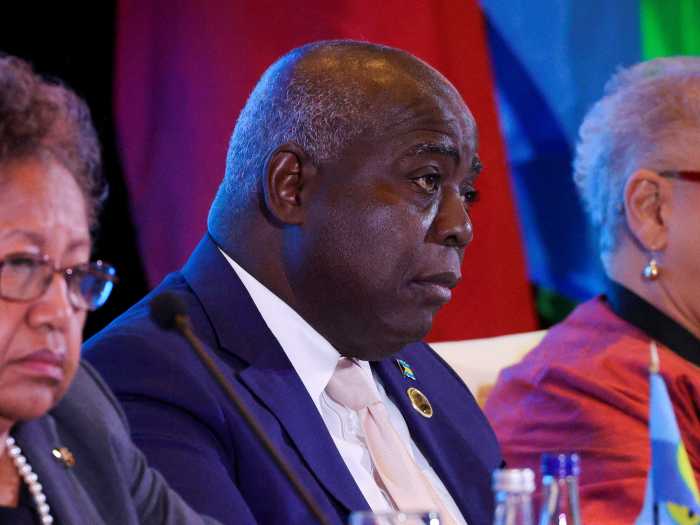In Prospect Park, city officials are learning never to underestimate the mettle of treasure hunters with steely resolve.
Metal detecting clubs are mobilizing to lobby the city to reverse a decision that has banned them from Prospect Park and Owl’s Head Park since the summer.
“They are discriminating against us as a group, said Carter Pennington, a board member of the metal detectors’ New York/New Jersey Task Force. “We do a lot less damage than dogs and their owners.”
Pennington, a 48-year-old watchmaker by trade, has been looking for coins, buttons, jewelry and all manner of ephemera for 30 years. The upstate New York resident said part of the joy of looking in Prospect Park is its rich history. “I found an Indian head penny there dated 1868. Just the fun of finding something with a date, knowing that someone was walking in that park over 100 years ago and dropped it.”
He said he has searched Prospect Park for years, without incident. “It was more disbelief,” he said of his initial reaction to the ban, which was handed down in July. “We are enjoying our hobby on public land.”
The city said the overarching goal is to protect the parkland.
“With Owl’s Head [in Bay Ridge], there is an erosion problem, and we don’t want anyone disrupting the landscape,” said Phil Abramson, a spokesperson for the Department of Parks and Recreation.
As far as Prospect Park, Abramson continued, “The entire park is working very hard to restore the landscaping, not only the lawns but also wooden natural areas, so the decision was made by [Prospect Park Administrator] Tupper Thomas not to let them in.”
In Brooklyn, the Parks Department permits metal detecting in Canarsie, McCarren, Sunset, and Marine parks, as well as the borough’s beaches.
One Brooklyn hobbyist who asked to remain anonymous said there is suspicion that a $10 million donation to Prospect Park announced last May by the Leon Levy Foundation prompted the ban, which came shortly thereafter. “We had a great relationship with Parks until then,” the person said. “The rug was pulled out from under us.”
Eugene Patron, the press director for the Prospect Park Alliance said the donation was for the 26-acre Lakeside Center, a region not typically traversed by the metal detecting clubs, who typically search the Long Meadow and the Nethermead. “Unless they are metal detecting on the edge, and in the lake,” Patron said.
Patron had this to say when asked about the ban: “There was a time when there was a small group of people here were metal detecting. But then the lawn started to get big holes in the ground, so we asked the Parks Department to remove it from the list of approved places.”
Patron said metal detector hobbyists are not being singled out. He noted that running in cleats is also forbidden in the park, as is putting up golf flags. “It’s just being fair to the greatest number of people without destroying the landscape,” he added.
Harold Lowenfels, 63, said Parks officials initially said the ban was initiated because of damage cause by one person. “If you look at the park, you will see thousands of dogs running off leash and digging holes,” he said. “We are professionals, who have techniques for removing the target.”
[Hobbyists speak a language all their own. A buried item is called a “target” and one digs it up using “target recovery techniques.” ]
“If they had such a problem, why wasn’t a summons issued? They discriminated against the whole group,” he said.
Lowenfels, who heads the NY/NJ Task Force, has been searching for buried artifacts in Prospect Park since 1977. Today, he owns seven metal detectors, and is particularly fond of his Minelab Quattro, considered a top of the line machine. “You never know what will surface,” he said.
That was certainly the case two years ago when Lowenfels’ wife Fran found a dead body while on a hunt in Newark. “We didn’t even believe her at first,” he recalled.


